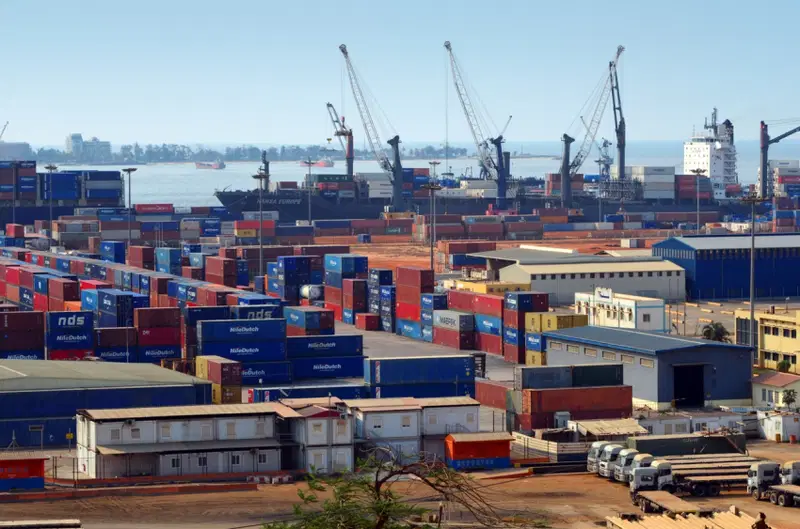
THE Association of Nigerian Licensed Customs Agents, ANLCA, is lamenting that the newly commissioned B’odogwu unified digital customs management system initiated and operated by the Nigeria Customs Service, NCS, is suffering frequent down-time.
They claimed that the platform has caused more financial losses due to delays in processing cargo clearance at the ports.
Speaking to Vanguard on the development, the Vice President of the association, Mr. Segun Oduntan, acknowledged that the B’odogwu system has experienced some glitches but noted that improvements are ongoing.
Oduntan added that the trade platform is expected to function well enough to accommodate the usual surge in import volumes that come at this time of the year.
He stated: “I agree there were glitches but there has been some improvement and we hope this will be sustained over time.”
Also commenting, a former Vice President of the ANLCA, Mr. Kayode Farintan, said that these repeated failures have severely disrupted port operations, resulting in billions of naira in losses to the economy.
Farinto, a leading Freight Forwarder and Customs Broker, said that the season, known as the “Ember” months, typically sees a surge in import activity adding that this predictable seasonal increase requires robust systems and logistics.
He, however, said that the current infrastructure and contingency planning remain vastly inadequate.
He stated: “B’Odogwu was introduced as a digital solution aimed at modernising and streamlining customs processes. It was expected to replace outdated manual systems and reduce long cargo dwell times at the ports.
“Unfortunately, continuous network outages and system instability have turned the platform into a source of concern.
“The current development has led to serious financial losses to importers, crippling demurrage and storage charges slammed by shipping lines and terminal operators for cargo they could clear due to system failures.
“Containers holding perishable imports and exports are also at risk as they are left stranded, leading to spoilage, waste, and increased pressure on food availability and prices.
“The supply chain disruption is inevitable as timely access to raw materials and finished goods have been compromised, causing production delays, potential factory shutdowns, job losses, and higher consumer prices.
VANGUARD.




